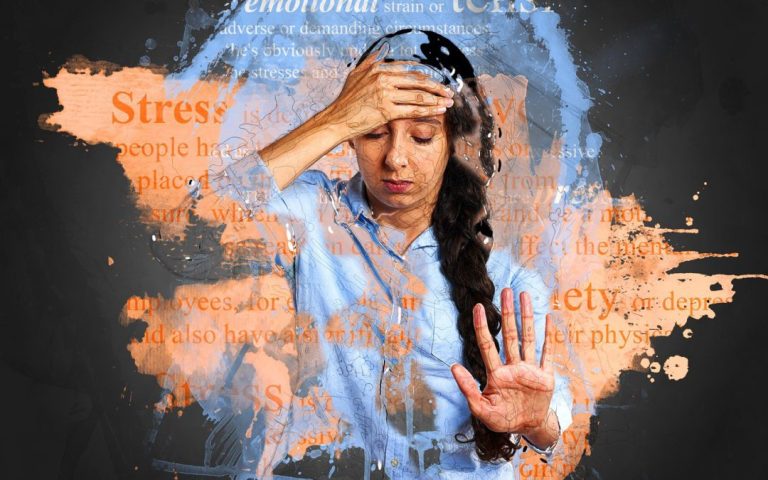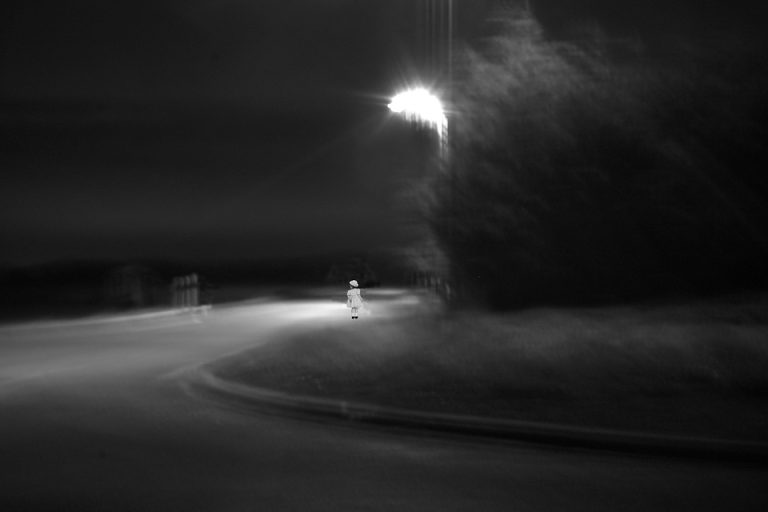The Brief History of Anxiety
Our history, dating as far back as our own sentience itself, is plagued with anxiety. In fact, it’s one of the essential reasons that we even exist today. Without anxiety, without the feelings of fear and terror, we wouldn’t have survived this long at all. Essentially, anxiety used to be a coping skill learned very early on and used as a tool, a sort of sixth-sense, that allowed us to recognize danger and keep ourselves alive. After all, there were many more life-threatening dangers around 10,000 BCE than there are today, and without anxiety, the early humans and most likely you, would not be here to read this.
In the earliest medical texts, dating back to Hippocrates, the father of modern medicine, identified anxiety as a medical malady. Back then, it was called a phobia. We understand phobia to mean the “fear of something” nowadays, but it meant something quite different back then. Any person that described a feeling of “rising terror” internally was considered to be suffering from phobias.
Later writings by Cicero and Seneca would be more specific and actually name the term anxiety and the analogy between a troubled mind and a diseased body. These writings announced the prototype of what we now call psychosomatic symptoms, or in other words, physiological symptoms caused by the brain or the mind. They noted that the disease originated in the brain, and not at the symptom site itself. These findings laid the ground work for how we understand anxiety today.
“He who fears death will never act as becomes a living man.”
Seneca, the Younger
Anxiety, in its origins and even today, comes from the very basic fear of death. It doesn’t always have to mean death of the individual, although that is also a very legitimate reason to have anxiety. This can mean the death of anything. Death of a person (true death), death of a job (being fired), death of possessions (broken things we care much for), death of our potential (afflictions to our body or mind), and so on. Many things in our life can experience death, and it is in this concept that Seneca states that the “fear of death” is the very reason an individual cannot live a carefree life.
Today, many people struggle with the misunderstanding or misinformation that anxiety symptoms, the psychosomatic symptoms, are not real because of the fact that they come from the brain. This is not the case. While these symptoms may not originate from the physical organ in which the trauma is felt, they are very much real and have been even discovered to have equal repute with conditions that do cause true physiological afflictions. Hence, just because it is caused in the brain, does not mean it is any less real or any less painful.
Anxiety originated as a means of protection, however, without the same things out to kill us as in the remote past, what place does anxiety hold now? In modern times, anxiety and the symptoms it brings often have no place to go, no outlet, so the thoughts and symptom patterns stay in the brain often going untreated and not well understood. Often the feeling of anxiety itself, whatever the root cause, makes it difficult for the average person to want to seek help. Anxiety begetting anxiety, so to speak. It is my hope here that in helping you to understand the core of what anxiety is, you will find the courage to seek help and continue on the path to actualizing your future self.





